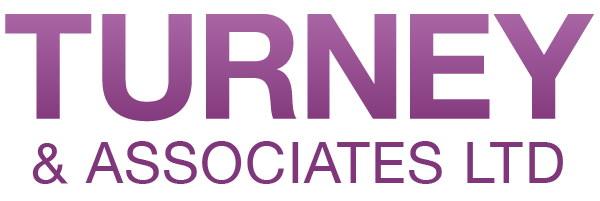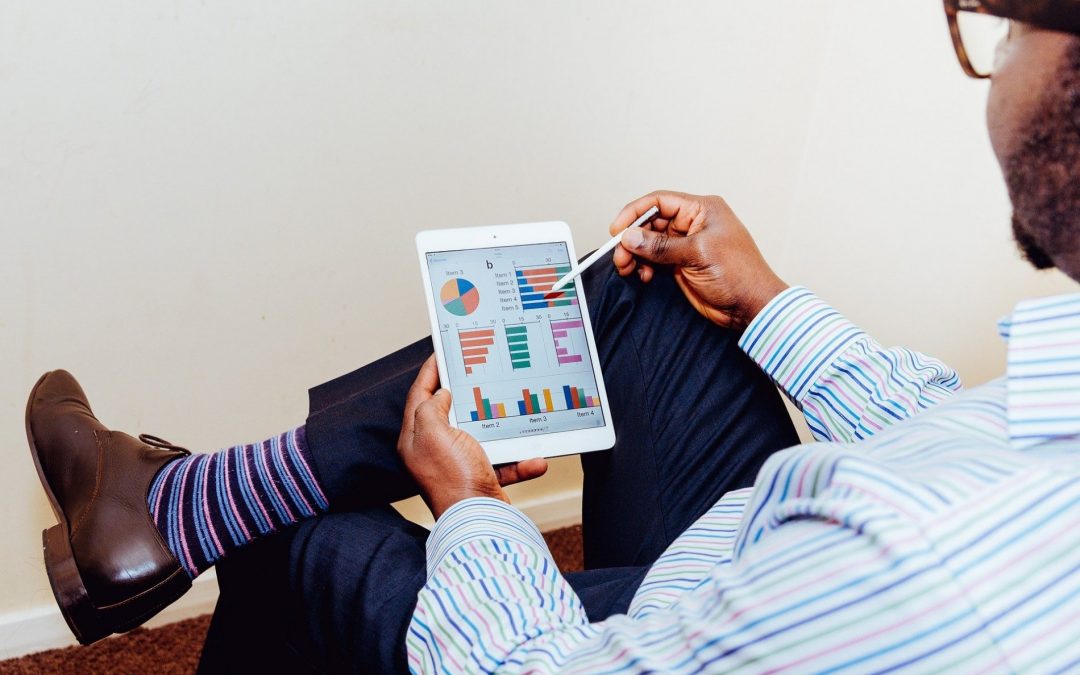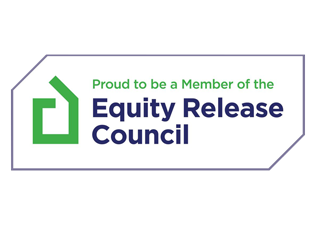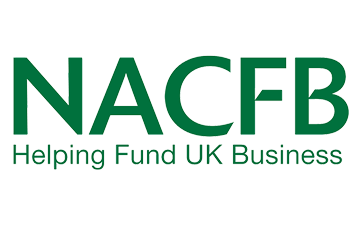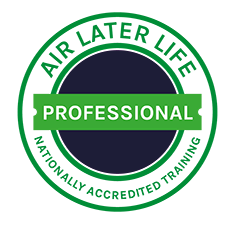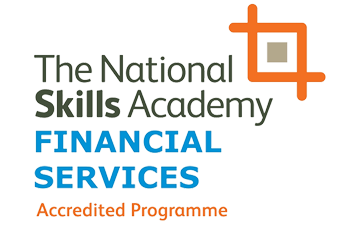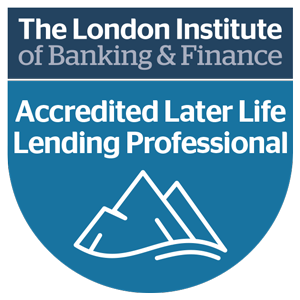Getting on the property ladder is no mean feat – there’s the deposit to save, the mortgage to get, the house or flat to find and that’s before you know whether your offer will be accepted or you’ll be approved by your lender.
Buying your first home is exciting but it’s also likely to be the biggest financial commitment you make in your lifetime. It can also seem very complicated. Where should you save your deposit? Should you invest it to help it grow? How do you find the right mortgage? Will you be accepted? How much will you be able to borrow? And what about your financial habits today? Will they affect how likely it is you’ll be approved to borrow?
These are all really important considerations when it comes to buying a home. The good news is, there is now an increasing array of apps and tools that can help you get your finances ready so that you stand the best chance possible of making your dream home a reality.
Get financially fit
Most people have heard of a credit report and with so many services available, many will even have a clear idea of what their own credit score is. The basic idea of a credit report is to give lenders – be they credit card providers or a mortgage lender – an idea of how likely you are to repay any money they lend you. Credit reference agencies like Experian, Equifax or TransUnion analyse your spending, saving and repayment habits constantly in the background and rate you based on those habits.
Certain habits give you a good credit score and it’s possible to improve your credit rating by consciously adopting certain financial habits as well as ensuring you are registered on the electoral roll for example. The big things that affect your score include how much outstanding debt you have – whether that’s a loan for your car, a personal loan, overdraft or credit card balance – and how reliable you are at making your monthly repayments.
To an extent, how much you have saved is also considered, but the real kicker is that repayment history. If you’ve borrowed on a credit card or to buy a car, then you’ll have that credit history. But a lot of first-time buyers, very sensibly, haven’t got outstanding debts that can be used to assess their repayment reliability. This has long been a problem for would be homeowners when it comes to applying for a mortgage. Without the credit history, the banks have had a reputation of just saying no.
But with the introduction of open banking, there are now several apps and sites that can analyse your financial habits and give you a score based on whether you pay rent reliably for example. They then feed this information back into the credit reference agencies and that score can feed into your overall rating.
For example, Portify is an app that helps you manage your money and build your credit profile. Users can choose to pay either £4 or £7 a month to subscribe to the app. For the lower fee, your subscription payments will count towards your credit score with Experian. It will also give you budgeting advice and tips on how to stay out of debt. The higher fee offers users access to an interest-free emergency loan facility of £250 which you can access if you know you need to pay a bill but don’t want to go into your overdraft to do it. You can then spread repayments over a timeframe that’s more manageable. It’s particularly helpful for those with irregular income patterns, including gig workers, freelancers and the self-employed.
Creditspring is a similar app, offering instant access to two interest-free loans a year in exchange for an £8 a month subscription. The fee payment counts towards your credit score and the loan access means you can avoid expensive last-minute borrowing is cash flow is tight.
Canopy is another app that helps you build your credit profile by using your rental payments as a guide to your repayment reliability. By syncing your current account with the app, credit reference agencies can count rent payments towards your score. They also offer a range of helpful extras to renters, making it simpler to deal with your finances when you move.
When you’re further down the line, Mojo is an app that will look at your spending, saving, income and financial commitments and give you a mortgage score. It does this by automatically tracking your financial habits using open banking access and then running the type of checks that a mortgage lender would, so you can see what you’d be able to borrow. It will also tell you whether you need to improve and how and where to do it to get you in the best possible position before you apply for a mortgage – which you can also do through the app.
Saving a deposit
How you spend is just one side of the equation when it comes to getting on the property ladder. Arguably, the bigger factor is saving up enough money to act as your deposit. There are lots of ways to buy and mortgage a property purchase, with a range of government schemes on offer but nearly all require you to have some skin in the game.
At the moment, there’s a scarcity of mortgages available for those with less than 10% of the home’s value to put in as a deposit, and if you can contribute 15% then you’ll have a much better choice of mortgage deals. There are also the legal fees, moving costs and potentially stamp duty to pay when you’re buying a property and that means saving as much as you can before you are ready to buy.
There are apps for that too, fortunately. Moneybox is a great one which syncs in with your bank account or credit card, rounds up the pennies on your spending to the nearest pound and puts that money into a savings or investment account without you even noticing.
There are various account options – you can put the money into a cash ISA or, depending on how long you plan to save for, there are options to invest the money through an ISA, general investment account or lifetime ISA (LISA). The big advantage of the latter is that so long as you use the money you save to buy your first home, the government will top up your savings to the tune of £1,000 a year if you save the maximum of £4,000 in that year.
Apps like Moneyhub and Plum can also help by analysing your income and outgoings across all your banking and loan accounts and showing you how and when to save. Another app, Updraft, is designed to help you pay off credit card debt and other expensive loans by giving you a cheaper loan that is easier to repay.
While none of these apps can make house prices more affordable, they do make saving and getting a mortgage you can afford much easier. All of the apps mentioned in this article are finalists in the Open Up 2020 Challenge, run by Nesta Challenges and the Open Banking Implementation Entity to encourage more innovation in open banking.
You can take a look at these in more detail and discover the right app for you on the Open Up 2020 Challenge website. Check if the app or website is safe to deal with on the open banking app store, or check the FCA register or European equivalent.
How to use open banking safely
Open banking is a relatively new service. It allows you to connect your banking, investing and other financial accounts using highly secure, encrypted data exchange. Connecting your accounts means you can cross reference your finances and use tools that analyse your habits to give you tips on how to save money.
- Check if the app or website is safe to use on the open banking app store, or check the FCA register or European equivalent. If it’s not on the list, don’t use it.
- Read the small print – always read the terms and conditions before you agree to give a regulated app or website access to your data.
- Read customer reviews online and in the app store to see what others say about their experiences.
- Keep tabs on your bank statements and the permissions you grant to a regulated app. If something looks wrong, contact your bank and the app immediately.
[Source: Dailymail.co.uk/money/mortgageshome, 6 July 2020]
Want to know more? Get in touch!
Image by Free-Photos from Pixabay
